This article was medically reviewed by Erik Kramer, DO, MPH and by wikiHow staff writer, Danielle Blinka, MA, MPA. Dr. Erik Kramer is a Board-Certified Primary Care Physician at the University of Colorado. With over 15 years of experience, his clinical interests include obesity and weight management, diabetes care, and preventive care, as well as embracing a holistic approach to primary care. He received his Doctorate in Osteopathic Medicine (D.O.) from the Touro University Nevada College of Osteopathic Medicine and completed his residency at Central Maine Medical Center. Dr. Kramer is a Diplomate of the American Board of Obesity Medicine.
There are 15 references cited in this article, which can be found at the bottom of the page.
This article has been viewed 64,264 times.
Plan B is an emergency contraceptive that can prevent pregnancy up to 95% of the time by preventing or delaying ovulation if taken right after you have sex.[1] If you’ve used Plan B, you’re probably anxious to know if it worked. Unfortunately, the only way to know for sure if Plan B worked is to get your period. However, taking Plan B correctly and watching for signs of early pregnancy can help put your mind at ease.
Steps
Taking Plan B Correctly
-
1Take Plan B as soon as possible after having unprotected sex. While Plan B is commonly called “the morning-after pill,” there’s no need to wait until the next day to take it. It’s most effective right after you have sex and must be taken within 5 days. Get and take Plan B as soon as possible after having sex.[2]
- You can get Plan B from any pharmacy without a prescription or proof of age.
- It’s best to keep Plan B on hand if you’re sexually active and don’t want to become pregnant. However, you can pick it up anytime you need it.
-
2Read and follow all of the manufacturer’s instructions. Using Plan B is easy, but it’s important that you follow all of the directions. Read the package before you take the pill. Then, follow the instructions exactly to help ensure its effectiveness.[3]
- If you have any questions, ask your pharmacist or call your doctor for advice.
Advertisement -
3Watch for your period, which may be up to a week late. Your period may come on time, but it’s possible that it will be late. If it’s late, it’ll usually come within a week. Track your cycle to make sure your period arrives within a week of when it’s supposed to start. If you don’t get your period within a week of the expected start date, see your doctor.[4]
- Because emergency contraceptive prevents or delays ovulation, it’s normal for your period to be late.
- You might have irregular bleeding or spotting for up to a month after using Plan B, but it should go away by itself.
- Plan B doesn’t protect you from getting pregnant if you have unprotected sex later during the same menstrual cycle.
-
4Use non-hormonal birth control for at least 5 days after taking Plan B. The hormones in birth control pills can reduce Plan B’s ability to block ovulation. Use barrier methods instead, such as condoms or diaphragms, if you have sex during these 5 days. While Plan B can prevent pregnancy if taken right after you have sex, it won’t prevent pregnancy if you have sex after you take it.[5]
- Plan B doesn’t reduce your chance of catching a sexually transmitted infection (STI).
- After 5 days, you can use any form of birth control.
-
5Talk to your doctor if you have a higher than normal BMI. Plan B may not be as effective if you have a high BMI. While you can still try Plan B because it will help prevent pregnancy, you may prefer to ask your doctor for a prescription option. Your doctor may be able to prescribe you a more effective emergency contraception, like Ella (ulipristal acetate).[6]
- Call your doctor as soon as possible to increase the effectiveness of the morning-after pill of your choice.
-
6Check with your doctor if you vomit within 2 hours of taking it. While Plan B may still be effective, it’s possible that you threw it up. Your doctor can determine if you need an additional dose. Call your doctor and tell them that you took Plan B but threw up.[7]
- They may ask you to come in for an appointment, but it’s possible that your doctor will advise you over the phone. They might prescribe you a different emergency contraceptive or advise you to take a second pill.
-
7Don’t worry about how hard you partied last night. Fortunately, drinking and recreational drugs won’t interfere with Plan B. Additionally, you don’t need to see a doctor to get it. Go ahead and use an emergency contraceptive to prevent a possible pregnancy.[8]
- Don’t drive if you’re still tipsy or high. Ask someone to drive you to a pharmacy or pick up Plan B for you.
Watching for Signs of Early Pregnancy
-
1Consider if you’re experiencing nausea or vomiting. Aside from a missed period, nausea is the earliest pregnancy symptom that most women notice.[9] You may or may not have vomiting, as well. If you start to feel nauseous, take a home pregnancy test or visit your doctor to find out if you’re pregnant.
- Don’t worry if you have nausea right after you take Plan B. This could be a side effect of the medication. It takes several days for an egg to be fertilized and implanted, so try not to worry.[10]
-
2Notice if your breasts feel tender and swollen. Pregnancy hormones may cause your breasts and nipples to become uncomfortable, and this is one of the earliest signs of pregnancy. If you’re feeling a lot of breast discomfort, you could possibly be pregnant.[11] However, this might also be a symptom of PMS, so try not to worry.
- Like with nausea, you might have swollen, painful breasts for a few days after you use Plan B because it’s a possible side effect. This doesn’t mean you’re pregnant.[12]
-
3Pay attention to how often you’re urinating. When you’re pregnant, your body produces a hormone that makes you have to urinate more often due to increased blood flow in your pelvic area. If you’re urinating more often than usual, it’s possible that you’re pregnant.[13]
-
4Notice if you’re feeling excessively tired all of the time. Pregnancy causes your body to produce more of the hormone progesterone, which can make you feel really fatigued. You might also need more sleep than usual. If you’re suddenly feeling tired, take a home pregnancy test or visit your doctor to see if you may be pregnant.[14]
- If you’re feeling really stressed about potentially being pregnant, it’s possible that this is causing your fatigue. You may be having trouble sleeping or could be feeling overwhelmed. Don’t assume that you’re pregnant until you’ve taken a test.
-
5Consider if you’re feeling extra moody. Since pregnancy causes hormonal fluctuations, it can make you feel moody and emotional. Sometimes moodiness can be caused by PMS, so it may not mean you’re pregnant. However, you might be pregnant if you’re having mood swings in addition to other early pregnancy symptoms.[15]
- Check with your doctor if you’re concerned about your mood swings.
-
6Take a pregnancy test if you don’t get your period within 3 weeks. While Plan B is very effective, it’s possible that you will become pregnant. If you haven’t gotten your period within 3 weeks, you might be pregnant and should take a pregnancy test to make sure. Use a home pregnancy test or visit your doctor.[16]
- You can start taking pregnancy tests as early as the expected first day of your next period. However, you don’t need to worry until your period is at least a week late.
Warnings
- Plan B can cause side effects, including stomach pain, nausea, vomiting, diarrhea, dizziness, tiredness, breast pain, headache, and menstrual changes.[18]⧼thumbs_response⧽
- Contact your doctor immediately if you have severe abdominal pain because it can be a sign of a pregnancy growing outside your uterus.[19]⧼thumbs_response⧽
- Don’t take Plan B if you may be pregnant.[20]⧼thumbs_response⧽
References
- ↑ https://www.who.int/en/news-room/fact-sheets/detail/emergency-contraception
- ↑ https://www.cdc.gov/reproductivehealth/contraception/index.htm
- ↑ https://www.plannedparenthood.org/learn/morning-after-pill-emergency-contraception/whats-plan-b-morning-after-pill
- ↑ https://yalehealth.yale.edu/more/emergency-contraception-morning-after-pill
- ↑ https://www.ncbi.nlm.nih.gov/pubmed/26405263
- ↑ https://www.plannedparenthood.org/learn/morning-after-pill-emergency-contraception/whats-plan-b-morning-after-pill
- ↑ https://dailymed.nlm.nih.gov/dailymed/drugInfo.cfm?setid=6ce6b40e-14ac-47bd-a648-ddf9e452e559&audience=consumer
- ↑ https://www.bedsider.org/features/232-5-myths-about-the-emergency-contraceptive-pill-busted
- ↑ https://americanpregnancy.org/getting-pregnant/early-pregnancy-symptoms/
- ↑ https://planb.ca/en/faq
- ↑ https://www.nichd.nih.gov/health/topics/pregnancy/conditioninfo/signs
- ↑ https://planb.ca/en/faq
- ↑ https://www.nichd.nih.gov/health/topics/pregnancy/conditioninfo/signs
- ↑ https://www.urmc.rochester.edu/encyclopedia/content.aspx?contenttypeid=134&contentid=4
- ↑ https://americanpregnancy.org/pregnancy-symptoms/early-signs-of-pregnancy/
- ↑ https://uihc.org/health-topics/morning-after-pill-following-unprotected-sex
- ↑ https://www.bedsider.org/features/232-5-myths-about-the-emergency-contraceptive-pill-busted
- ↑ https://www.accessdata.fda.gov/drugsatfda_docs/label/2006/021045s011lbl.pdf
- ↑ https://www.accessdata.fda.gov/drugsatfda_docs/label/2006/021045s011lbl.pdf
- ↑ https://medlineplus.gov/ency/article/007014.htm
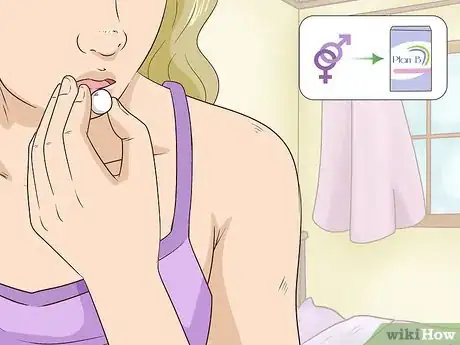
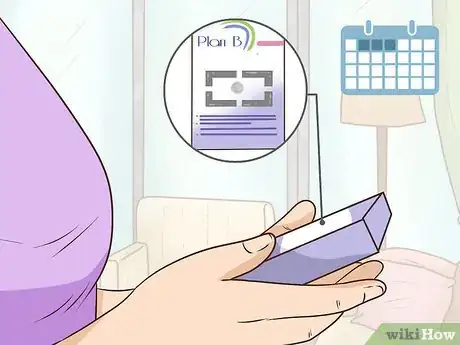
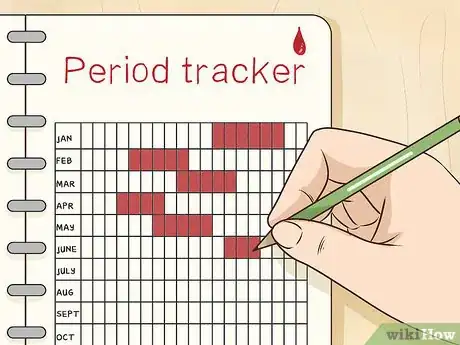
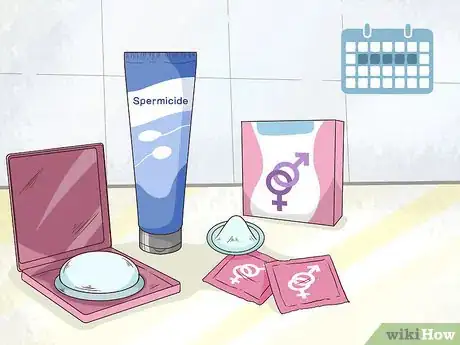
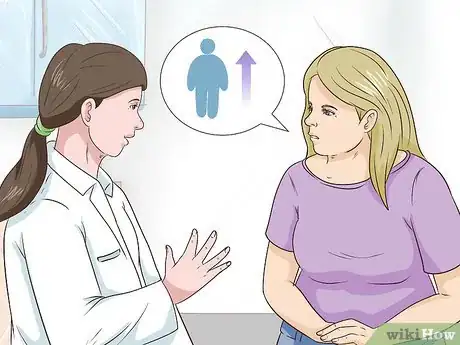
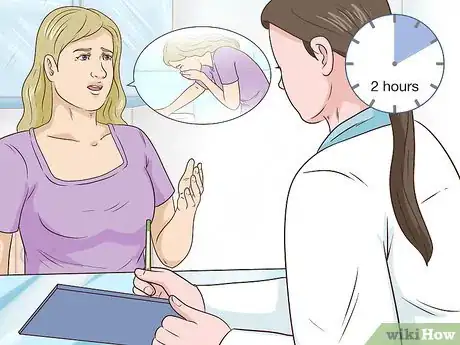
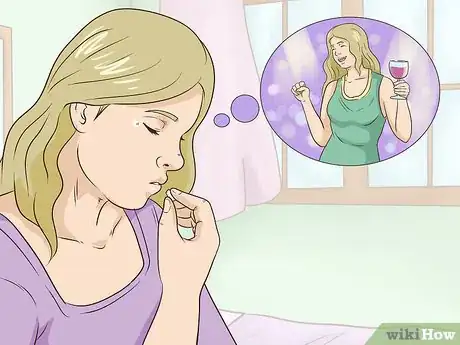
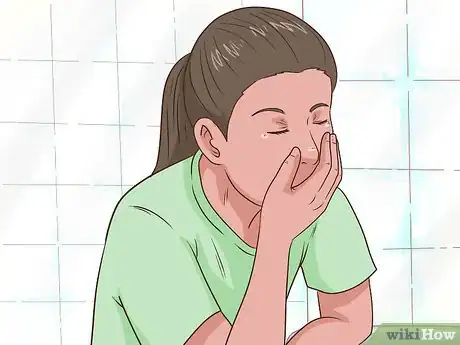
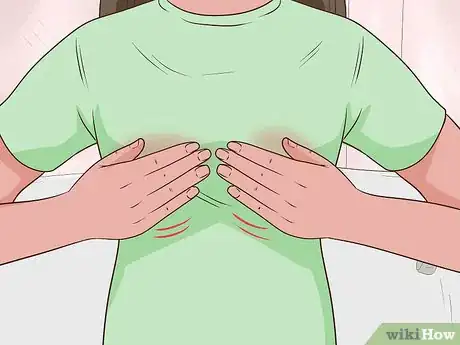
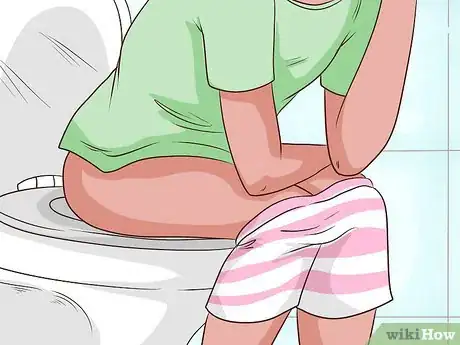
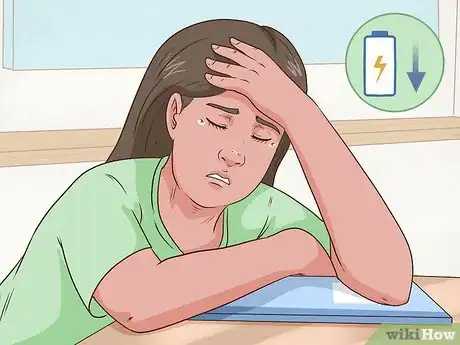
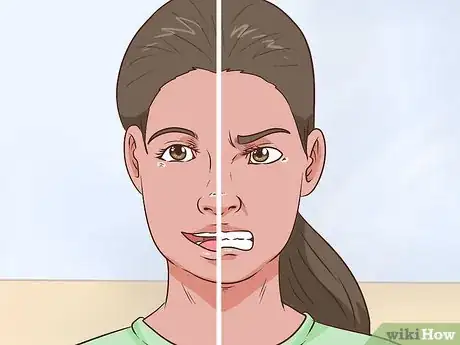
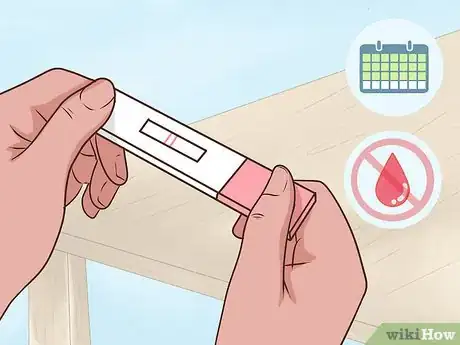
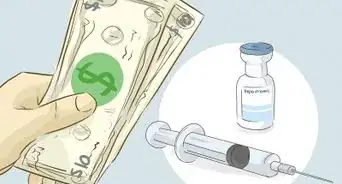
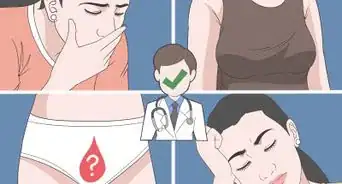

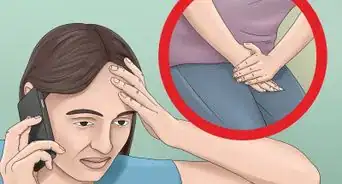
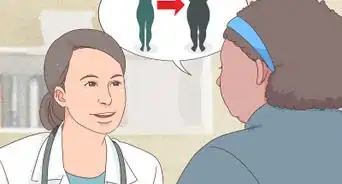
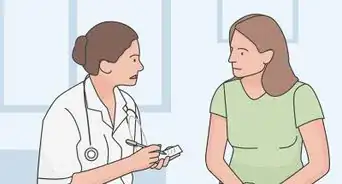
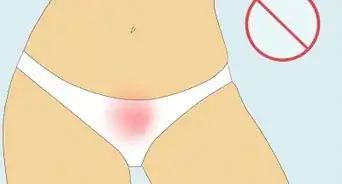
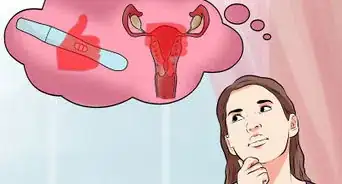
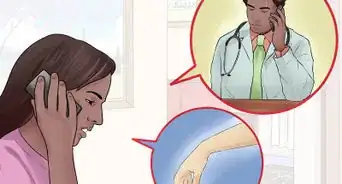
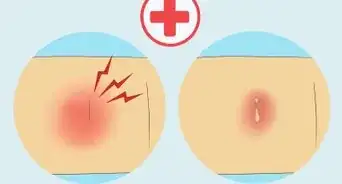
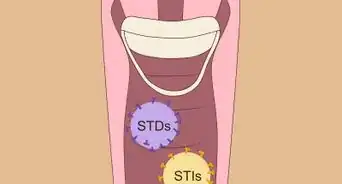

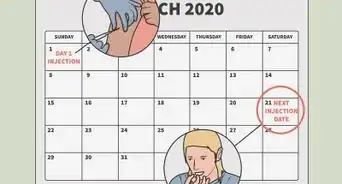
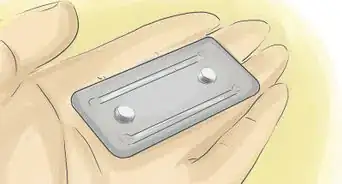







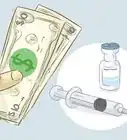
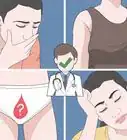

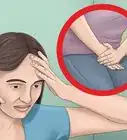



































Medical Disclaimer
The content of this article is not intended to be a substitute for professional medical advice, examination, diagnosis, or treatment. You should always contact your doctor or other qualified healthcare professional before starting, changing, or stopping any kind of health treatment.
Read More...